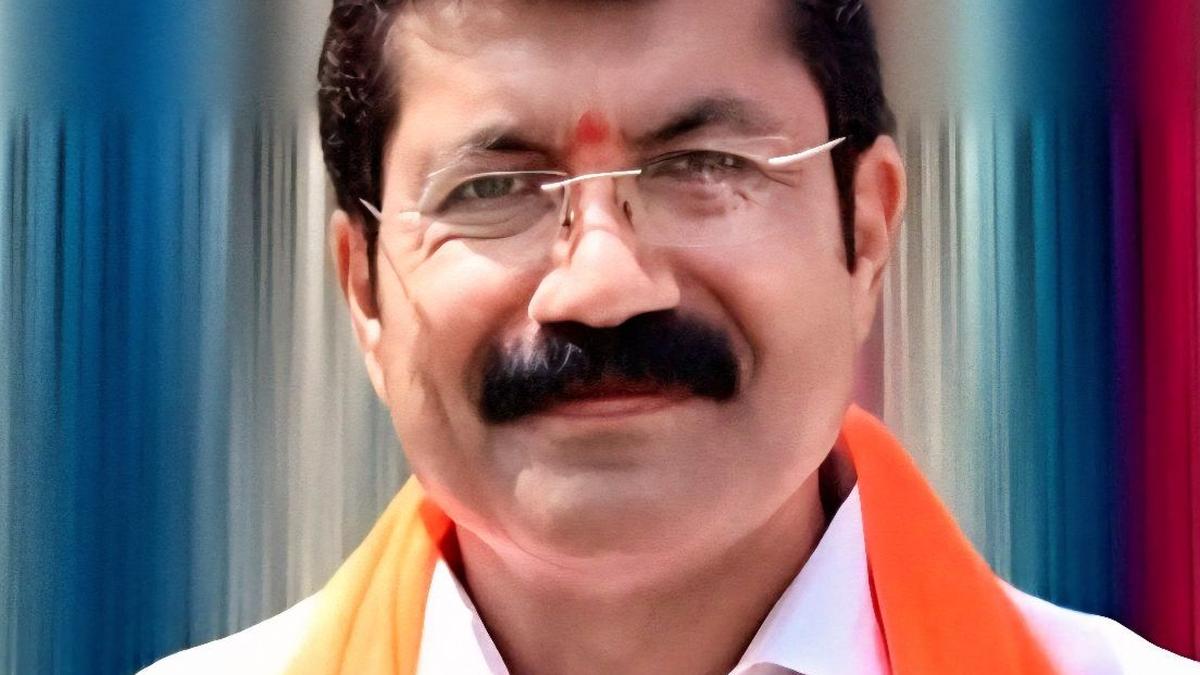ARTICLE AD BOX
The Himachal Pradesh High Court on Thursday partially allowed the Letters Patent Appeal (LPA) filed by Superintendent of Police (SP) Sanjeev Gandhi on a court order handing over the probe into the death of HPPCL Chief Engineer Vimal Negi to the Central Bureau of Investigation (CBI). An LPA is an appeal against a decision of a single judge to another bench of the same court.
A division bench of Chief Justice J S Sandhawalia and Justice Ranjan Sharma allowed the appeal only to the extent that it concerned the professional integrity of SP Gandhi and other members of the Special Investigation Team (SIT), stating that their professional standing should not be undermined. The bench clarified that it would not interfere with the core decision of transferring the investigation to the CBI, as this would ensure a fair and effective inquiry.
The LPA, filed by SP Gandhi in his personal capacity, contended that the May 23 order by a single-judge bench of Justice Ajay Mohan Goel had heavily relied on the affidavits submitted by Director General of Police (DGP) Atul Verma and Additional Chief Secretary (ACS) Onkar Sharma, which allegedly cast aspersions on his professional integrity.
In the appeal, Gandhi argued that he had not been provided with the status report submitted by ACS Sharma. He further claimed that the DGP’s status report, which termed the SIT probe as “questionable”, was submitted without the knowledge of the Advocate General’s office. Gandhi also maintained that he had not been given sufficient time to present his case before the single bench that passed the order to transfer the probe to the CBI.
Advocate Sanjeev Bhushan, appearing on behalf of Gandhi, said, “Our LPA was partially accepted. It is a relief for us. We had raised concerns about doubts being cast on SP Sanjeev Gandhi’s professional integrity. The bench accepted our prayer and directed issuance of notices to the concerned respondents.”
In his plea, Gandhi had prayed, “…the LPA kindly be allowed and the impugned judgment dated May 23 be modified to the extent that, instead of handing over the probe to the CBI, it be handed over to a Special Investigation Team constituted by the Hon’ble High Court of Himachal Pradesh, rather than any central agency under the control of the Union of India, in order to avoid any conflict of interest.”
The petition further stated, “It is also prayed that the affidavit filed by the DGP (Atul Verma), being motivated by ulterior intent, be disregarded, and that the scathing observations regarding the investigation—based on said affidavit—be very kindly set aside.”
Story continues below this ad
On May 29, the state government led by Chief Minister Sukhvinder Singh Sukhu directed SP Gandhi, ACS Sharma, and then DGP Verma to proceed on leave. Verma was subsequently retired from police service on May 31. Gandhi is currently on medical leave.
In the LPA, Gandhi, who had headed the original SIT probing Negi’s death, also mentioned that a ‘black diary’ recovered during the investigation allegedly contained references to ACS Sharma.
Gandhi filed the review petition in his personal capacity, naming the additional chief secretary of HPPCL, the DGP, the CBI, the Union of India, and Vimal Negi’s wife, Kiran Negi, as respondents.
Meanwhile, the CBI has formally taken over the investigation, registering a fresh FIR at its Delhi headquarters. A four-member CBI SIT is currently in Shimla and has begun recording statements of individuals, including members of the deceased official’s family.
Story continues below this ad
The review petition stated, “The LPA appeal is being filed in personal capacity, being aggrieved by the findings and opinions based on the affidavits of respondents, particularly respondent no. 3 (DGP), in the impugned judgment passed by the single judge bench.”
The petition further adds, “The applicant, feeling aggrieved and dissatisfied with the May 23 order, prefers the present appeal on several grounds—most notably that his professional integrity has been tarnished. The findings against SIT-2 are erroneous, based on misrepresented facts, and have caused grave injustice. The judgment arbitrarily presumed suspicion regarding professional conduct, resulting in adverse observations that have seriously damaged the appellant’s reputation. There is a well-founded apprehension of being falsely implicated or penalised unless the matter is redressed.”



.png)
.png)
.png)


























 English (US) ·
English (US) ·